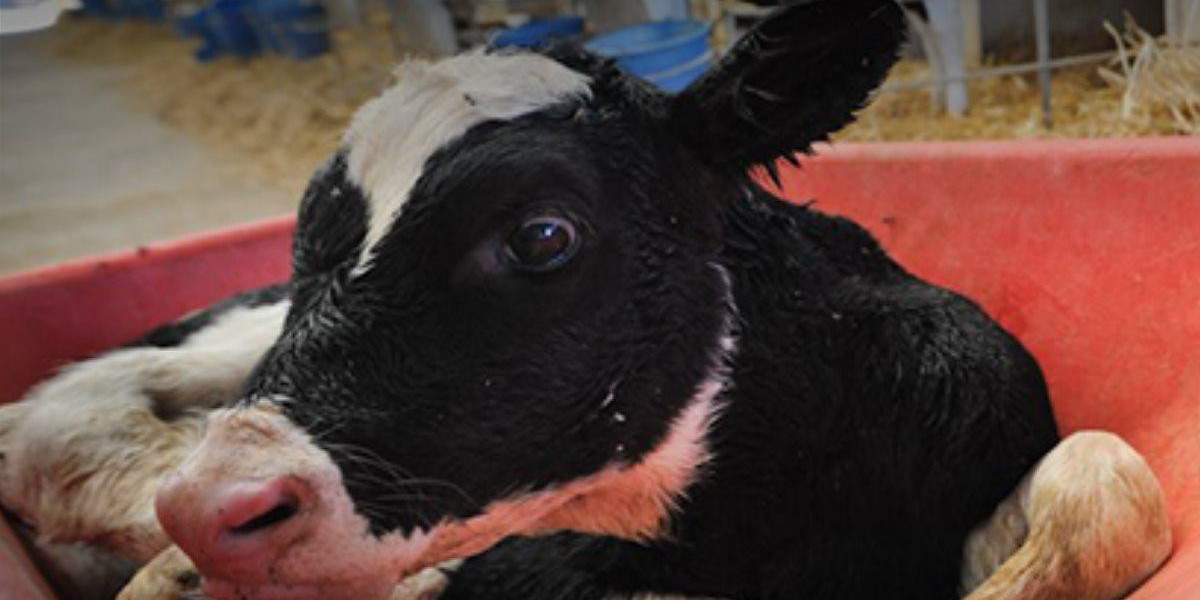The dairy industry has long been a staple of global agriculture, providing a rich source of calcium and protein through products like milk, cheese, and yogurt. However, beneath the surface of this seemingly wholesome sector lie significant dangers that impact health, the environment, and animal welfare. This article aims to shed light on these concerns and encourage a more critical evaluation of dairy consumption. Dairy industry dangers
Health Risks
Lactose Intolerance and Allergies
A significant portion of the global population is lactose intolerant, meaning they lack the enzyme lactase necessary to digest lactose, the sugar found in milk. Symptoms can range from mild discomfort to severe gastrointestinal distress. Additionally, dairy allergies, particularly in children, can lead to serious reactions, including anaphylaxis. As awareness of these issues grows, many are reconsidering dairy as a dietary staple.
Hormones and Antibiotics
To increase milk production, some dairy farms administer hormones such as recombinant bovine somatotropin (rBST). While approved by regulatory agencies in several countries, concerns linger about potential links to cancer and other health problems. Moreover, the routine use of antibiotics in dairy cattle raises alarms about antibiotic resistance. Overuse of these drugs can contribute to the emergence of superbugs, rendering some bacterial infections difficult to treat.
Saturated Fats and Chronic Diseases
Dairy products, particularly full-fat options, are high in saturated fats, which have been associated with increased cholesterol levels and a higher risk of heart disease. As health organizations push for reduced saturated fat intake, the role of dairy in our diets comes under scrutiny. Studies have shown that plant-based alternatives can provide necessary nutrients without the associated health risks.
Environmental Impact
Greenhouse Gas Emissions
The dairy industry is a significant contributor to greenhouse gas emissions, particularly methane, which has a much higher warming potential than carbon dioxide over a short time frame. Cattle produce methane during digestion, and large-scale dairy operations exacerbate this issue. As the world grapples with climate change, reducing meat and dairy consumption is often cited as a critical step towards achieving sustainability goals.
Water Use and Pollution
Dairy farming is water-intensive, requiring vast amounts of water for both the animals and the crops that feed them. In regions facing water scarcity, this can lead to severe ecological stress. Furthermore, runoff from dairy farms, which may contain fertilizers, pesticides, and animal waste, can contaminate local waterways, leading to harmful algal blooms and negatively affecting aquatic ecosystems.
Animal Welfare Concerns
Living Conditions
The dairy industry often prioritizes production efficiency over animal welfare. Many cows are kept in confined spaces, leading to a range of physical and psychological issues. The practice of separating calves from their mothers shortly after birth can cause distress to both animals, raising ethical questions about the treatment of livestock.
Culling and Euthanasia
In order to maintain high levels of production, dairy cows are often culled when their milk yield declines, which typically occurs after a few years of intensive milking. This practice raises ethical concerns about the lifespan and welfare of the animals involved. Additionally, the pressure to maintain production can lead to premature euthanasia of sick or injured animals, raising further ethical dilemmas.
The Path Forward
As awareness of these dangers grows, many individuals are turning to plant-based diets or seeking out alternatives such as nut milks, soy products, and other dairy substitutes. These options can provide similar nutritional benefits without many of the health, environmental, and ethical issues associated with traditional dairy products. Dairy industry dangers
Conclusion
The dairy industry presents a complex web of dangers that warrant careful consideration. From health risks to environmental impact and animal welfare concerns, consumers are encouraged to think critically about their dairy consumption. As awareness spreads, the demand for alternative products is likely to increase, leading to potential shifts in agricultural practices and dietary habits. By making informed choices, we can contribute to a healthier planet and a more humane food system.


